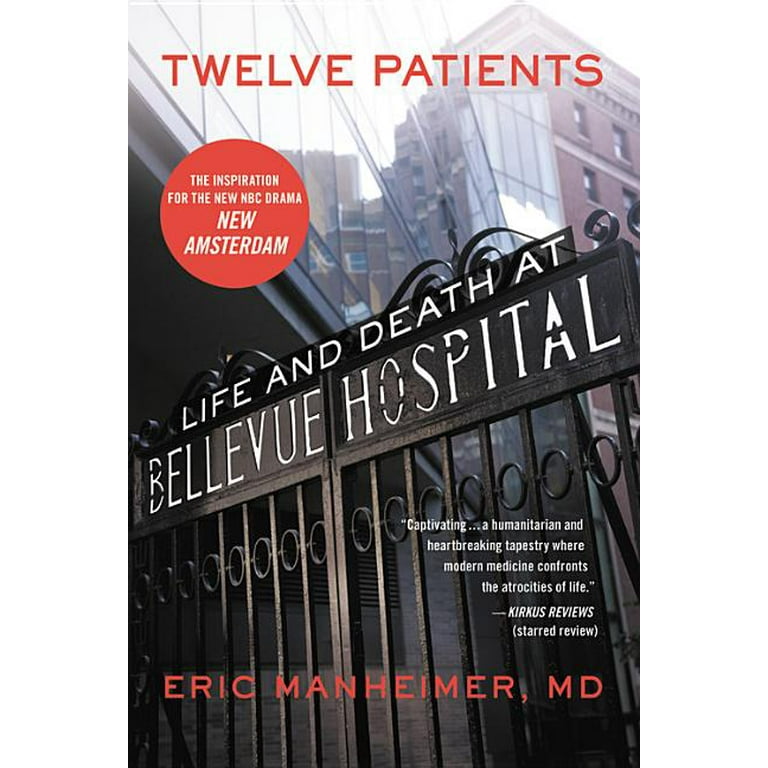
Behold, amidst the vast landscape of televised narratives, stands ‘New Amsterdam,’ a beacon of authenticity amidst the sea of fiction. NBC’s medical drama has ensnared the hearts of viewers with its masterful storytelling, weaving a tapestry of realism within its fictional framework. Yet, beneath its surface lies a profound connection to reality, drawn from the very essence of the healthcare industry.
In the intricate dance of creative expression, ‘New Amsterdam’ emerges as a testament to the symbiotic relationship between fiction and reality. Through its lens, we are transported into the tumultuous world of healthcare, where the trials and tribulations of medical professionals unfold like pages in a well-worn novel. While the characters may be figments of imagination, their struggles and triumphs resonate with the echoes of true-life experiences.
With each episode, ‘New Amsterdam’ peels back the layers of the healthcare industry, revealing the raw emotions and ethical dilemmas that lie at its core. From the corridors of power to the bedside of the afflicted, the series navigates the complex terrain of medicine with unwavering precision. Yet, amidst the chaos, there is an undeniable thread of authenticity that binds the narrative together.
Introducing the Real-Life Inspirations
At the heart of “New Amsterdam” lies the character of Dr. Max Goodwin, portrayed by Ryan Eggold, whose unwavering commitment to patient care echoes the real-life experiences of Dr. Eric Manheimer, the former medical director of Bellevue Hospital upon whose memoir, “Twelve Patients: Life and Death at Bellevue Hospital,” the series is loosely based. Through Dr. Goodwin’s character, the show explores themes of empathy, resilience, and the relentless pursuit of better healthcare practices.
While the show’s central characters and storylines are fictional, they are grounded in the reality of working in a bustling urban hospital. From addressing issues like overcrowding in emergency rooms to shedding light on the opioid crisis and the challenges of providing care to underserved communities, “New Amsterdam” strives to spark conversations about pressing healthcare issues.
Navigating Healthcare Challenges
Despite its fictionalized nature, “New Amsterdam” maintains a commitment to accuracy in its portrayal of medical procedures and treatments. The show’s creators work closely with medical consultants to ensure that the medical cases depicted on screen are authentic, adding a layer of realism to the drama.
Moreover, the setting of “New Amsterdam” itself is inspired by the historic Bellevue Hospital, the oldest public hospital in the United States, renowned for its role in serving diverse patient populations. By drawing on Bellevue’s legacy, the show creates an immersive hospital setting that feels authentic to viewers.
Navigating Healthcare Challenges
While “New Amsterdam” may not be based on a true story in the traditional sense, its impact on audiences is undeniable. Through its blend of fiction and reality, the series offers a poignant reflection of the complexities of healthcare and the dedicated professionals who strive to make a difference every day.
In conclusion, “New Amsterdam” transcends the confines of typical medical dramas by infusing its narrative with elements of real-life experiences and challenges. By exploring the intersection of fiction and reality, the show invites viewers on a thought-provoking journey that resonates long after the credits roll.
Conclusion
In the realm of television, “New Amsterdam” stands as a testament to the power of storytelling to shed light on pressing societal issues. While the series may be fictional, its roots in real-life experiences and challenges lend it a depth and authenticity that resonates with audiences. Through its exploration of empathy, resilience, and the pursuit of better healthcare practices, “New Amsterdam” transcends the boundaries of traditional medical dramas, leaving a lasting impact on viewers and sparking meaningful conversations about healthcare in our society.